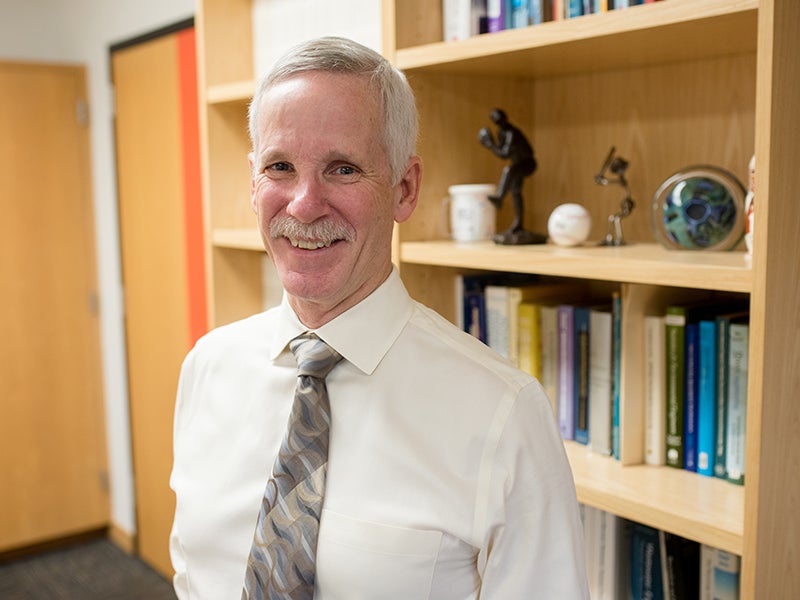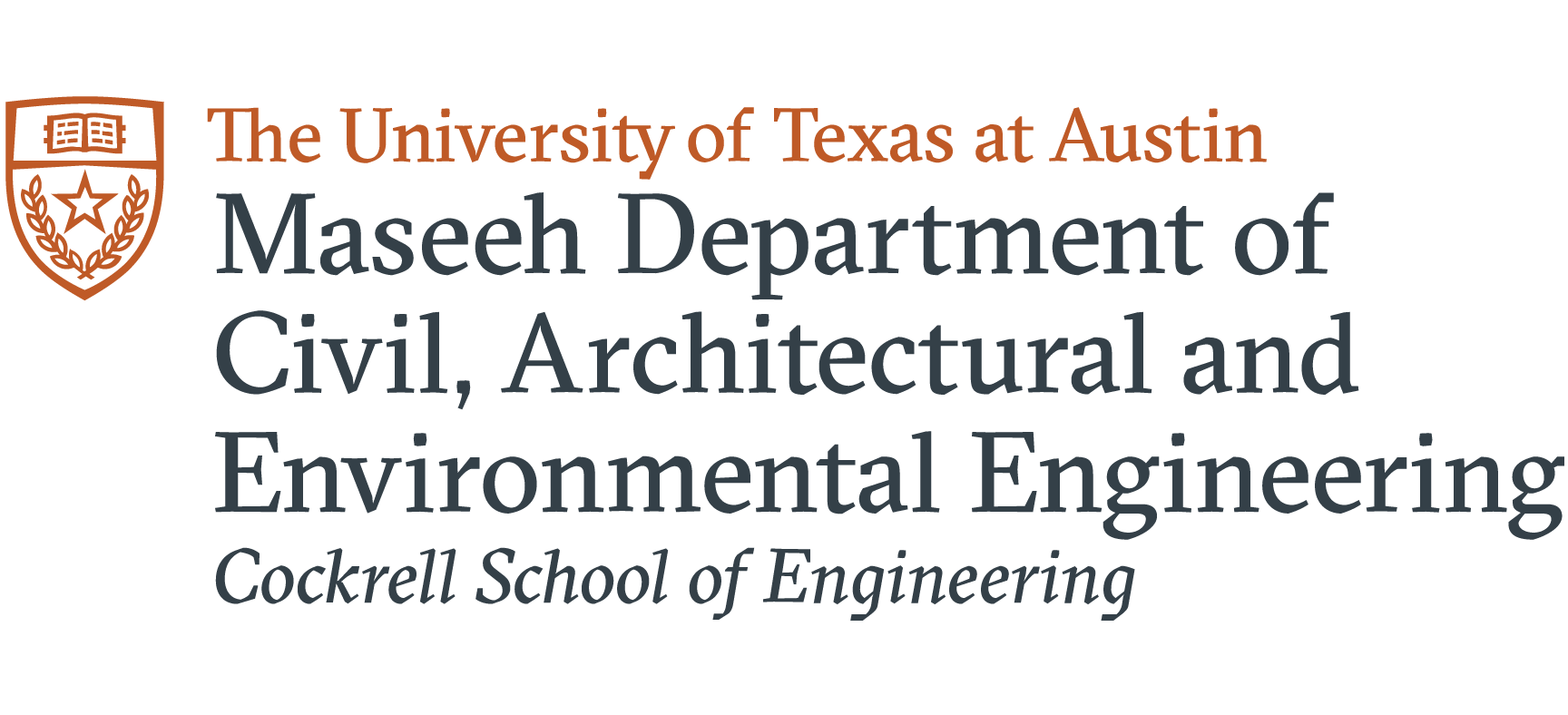Gerald Speitel Elected as AEESP Fellow
We are proud to share that Gerald Speitel, Associate Dean for Academic Affairs in the Cockrell School and professor in the Department of Civil, Architectural and Environmental Engineering, has been inducted as an AEESP Fellow.

The Association of Environmental Engineering and Science Professors (AEESP) selects a handful of professors from academic programs worldwide who provide education in the sciences and technologies of environmental protection. To be eligible, nominees must have a minimum of 10 years of faculty-level membership in AEESP, and most have achieved full promotion or emeritus status at their home institutions.
AEESP fellows are selected based on their accomplishments in environmental engineering and science research, teaching and professional service, with emphasis on service within the AEESP.
Speitel has served as the Associate Dean for Academic Affairs at the Cockrell School of Engineering since 2008. He oversees the school’s academic, faculty and fiscal affairs. Previously, he served as department chair of Civil, Architectural and Environmental Engineering from 2001 to 2008.
Speitel has been actively involved in drinking water research for over 30 years, focusing primarily on the treatment and control of hazardous organic chemicals, disinfection byproducts, and their precursors. His work has focused on the chemistry and treatment of disinfection by-products formed during chloramination and chlorination of drinking water. A second major research effort has dealt with the development of bioreactors for the cometabolism of chlorinated aliphatic chemicals, including trihalomethanes. He’s also played a role in haloamine chemistry and cometabolism in understanding nitrification episodes in drinking water distribution systems. Other research has addressed the simultaneous biodegradation and adsorption of organic chemicals on granular activated carbon. Speitel’s research has included bench-scale studies, pilot studies, and performance evaluations of full-scale facilities.
About AEESP
The AEESP was founded in 1963 and has more than 800 members in universities worldwide. The Association assists its members in improving education and research programs, encourages graduate education, serves the profession by providing information to government agencies and the public, and provides direct benefits to its members.
